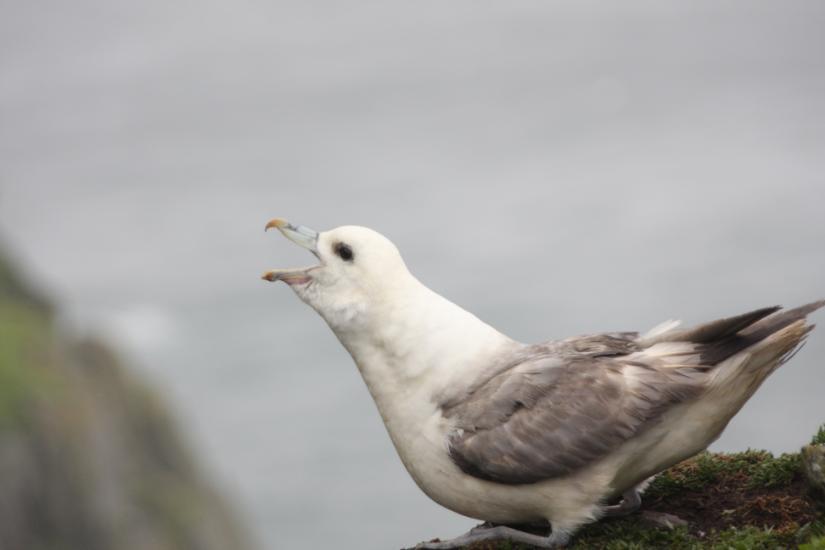The distribution, diet, vulnerability of far-ranging pelagic-foraging seabirds to oil spills
Project Overview
Seabird populations are declining at a rate faster than those of any other marine taxonomic group, with 30% of seabird species currently threatened by unsustainable population declines. The south and west coasts of Ireland support important populations of far-ranging species including European storm petrel, northern fulmar, and Manx shearwater that are likely to overlap with significant oil and gas activities located off the south and west coasts. Seabirds are more visibly affected by oil spills than any other animal as they are commonly washed up on beaches oiled. Our lack of knowledge on the distribution and behaviour of seabirds leaves a critical gap in our understanding of potential impacts, particularly from oil spills, and inhibits our ability to make effective conservation management decisions.

This project will combine seabird tracking studies with behavioural information from biologgers, dietary information, and stress hormones to better understand and mitigate risk from oil spills. Novel remote-sensing datasets will be explored to discover more biologically meaningful environmental cues to predict seabird distribution. The project will specifically collect tracking data from far-ranging seabirds to assess space use, overlap, and risk from offshore human activities as well as establish the physiological and nutritional drivers of seabird foraging through dietary and stress-level data. All of this information will feed into a model to predict the effects of an offshore oil-spill on seabird populations.
People
- Dr Mark Jessopp
- Jamie Darby
- Professor David Cabot
- Professor John Quinn

